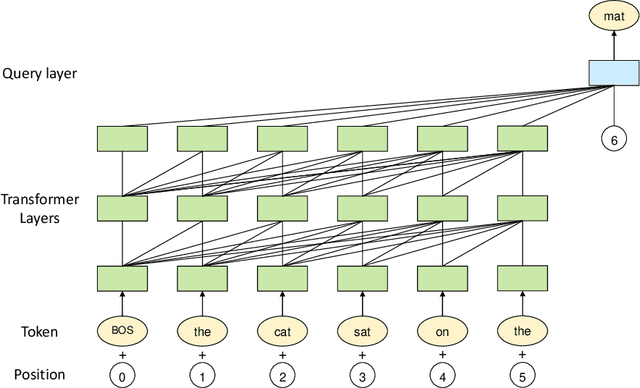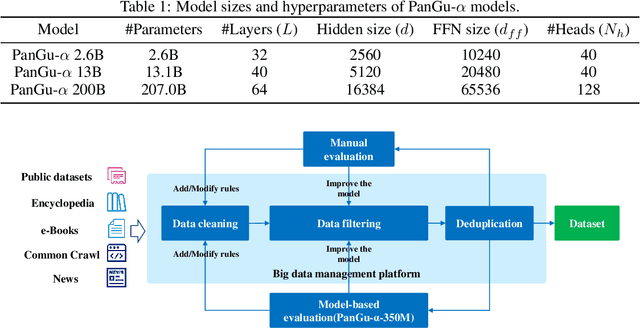Zexuan Yi
Group Expectation Policy Optimization for Stable Heterogeneous Reinforcement Learning in LLMs
Aug 25, 2025Abstract:As single-center computing approaches power constraints, decentralized training is becoming essential. Reinforcement Learning (RL) post-training enhances Large Language Models (LLMs) but faces challenges in heterogeneous distributed environments due to its tightly-coupled sampling-learning alternation. We propose HeteroRL, an asynchronous RL architecture that decouples rollout sampling from parameter learning, enabling robust deployment across geographically distributed nodes under network delays. We identify that latency-induced KL divergence causes importance sampling failure due to high variance. To address this, we propose Group Expectation Policy Optimization (GEPO), which reduces importance weight variance through a refined sampling mechanism. Theoretically, GEPO achieves exponential variance reduction. Experiments show it maintains superior stability over methods like GRPO, with less than 3% performance degradation under 1800-second delays, demonstrating strong potential for decentralized RL in heterogeneous networks.
PanGu-$α$: Large-scale Autoregressive Pretrained Chinese Language Models with Auto-parallel Computation
Apr 26, 2021



Abstract:Large-scale Pretrained Language Models (PLMs) have become the new paradigm for Natural Language Processing (NLP). PLMs with hundreds of billions parameters such as GPT-3 have demonstrated strong performances on natural language understanding and generation with \textit{few-shot in-context} learning. In this work, we present our practice on training large-scale autoregressive language models named PanGu-$\alpha$, with up to 200 billion parameters. PanGu-$\alpha$ is developed under the MindSpore and trained on a cluster of 2048 Ascend 910 AI processors. The training parallelism strategy is implemented based on MindSpore Auto-parallel, which composes five parallelism dimensions to scale the training task to 2048 processors efficiently, including data parallelism, op-level model parallelism, pipeline model parallelism, optimizer model parallelism and rematerialization. To enhance the generalization ability of PanGu-$\alpha$, we collect 1.1TB high-quality Chinese data from a wide range of domains to pretrain the model. We empirically test the generation ability of PanGu-$\alpha$ in various scenarios including text summarization, question answering, dialogue generation, etc. Moreover, we investigate the effect of model scales on the few-shot performances across a broad range of Chinese NLP tasks. The experimental results demonstrate the superior capabilities of PanGu-$\alpha$ in performing various tasks under few-shot or zero-shot settings.
 Add to Chrome
Add to Chrome Add to Firefox
Add to Firefox Add to Edge
Add to Edge